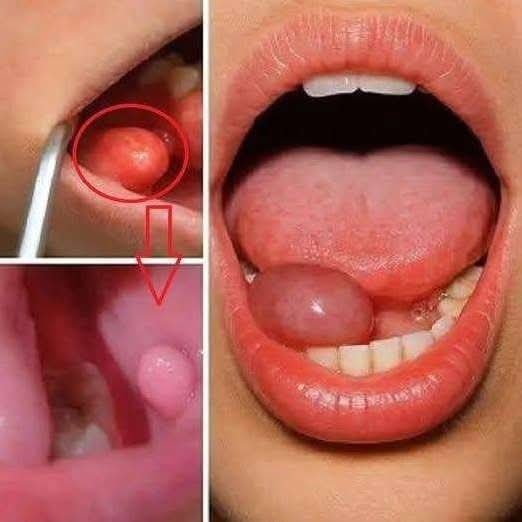Oral cancer can affect the lips, tongue, cheeks, gums, and other parts of the mouth. Early detection greatly improves treatment success, but early symptoms are often subtle.
One major warning sign is a sore that doesn’t heal within two weeks. The National Cancer Institute warns, “these sores may occur on the lips, gums, or inner lining of the mouth” and might not cause pain at first.
Color changes like white (leukoplakia) or red (erythroplakia) patches may also indicate abnormal cell growth. According to Mayo Clinic, red patches are more likely to be cancerous. Persistent bleeding without injury is another red flag.
Other symptoms include lumps, thickened or rough areas, and persistent numbness or pain. “Sensory changes in the lips, tongue, or chin… should not be ignored,” notes the American Dental Association. Difficulty chewing, swallowing, or jaw movement can also signal problems.
- Lips: Lip cancer is the most common type of oral cancer and is often linked to sun exposure.
- Tongue: Cancers can form on the front two-thirds of the tongue.
- Cheeks: Cancers can develop on the inside of the cheeks.
- Gums: The gum tissue can be a site for oral cancer to develop.
- Roof of the mouth: The hard palate, which forms the roof of the mouth, can be affected.
- Floor of the mouth: The area under the tongue.
- A sore or lump in the mouth or on the lips that does not heal.
- White or reddish patches.
- Pain or numbness in the mouth or face that is unexplained.
- Difficulty chewing, swallowing, speaking, or moving your jaw or tongue.
- Loose teeth or dentures that start to fit poorly.
- A lump or mass in the neck.
- Regular Dental Check-ups: Dentists often detect signs of mouth cancer during routine exams.
- Know Your Body: Be aware of changes in your mouth and seek medical advice if you notice a persistent sore, lump, or other unusual symptom.
- Consult a Doctor or Dentist: If you have an ulcer that lasts for more than three weeks or any of the other symptoms, see a healthcare professional.


